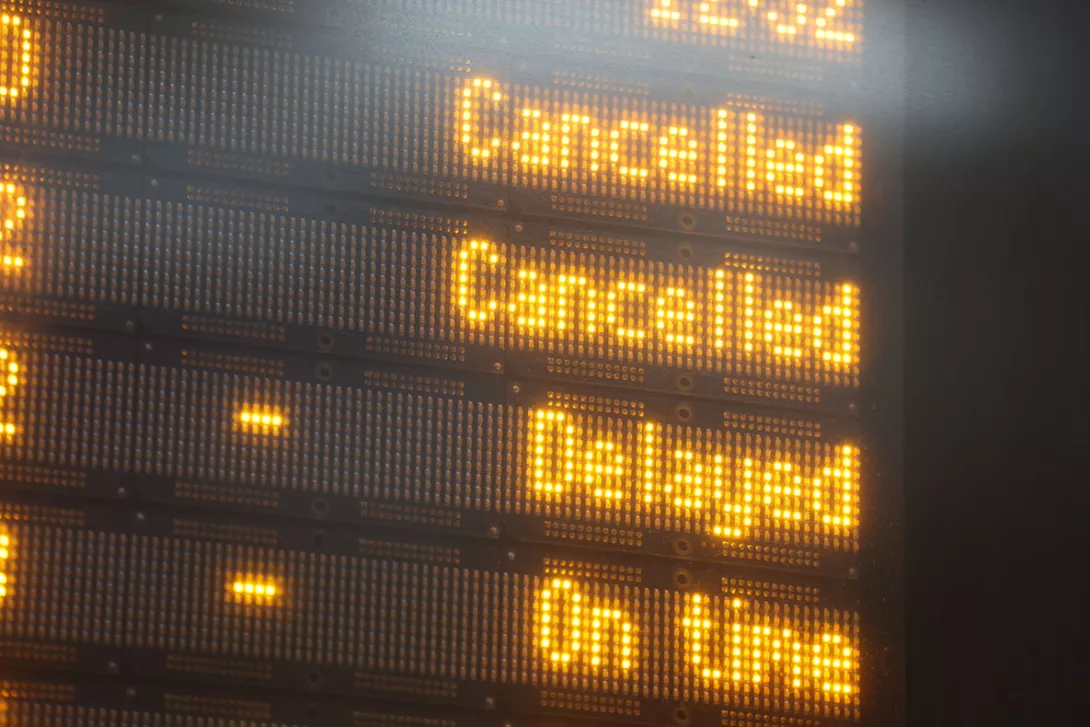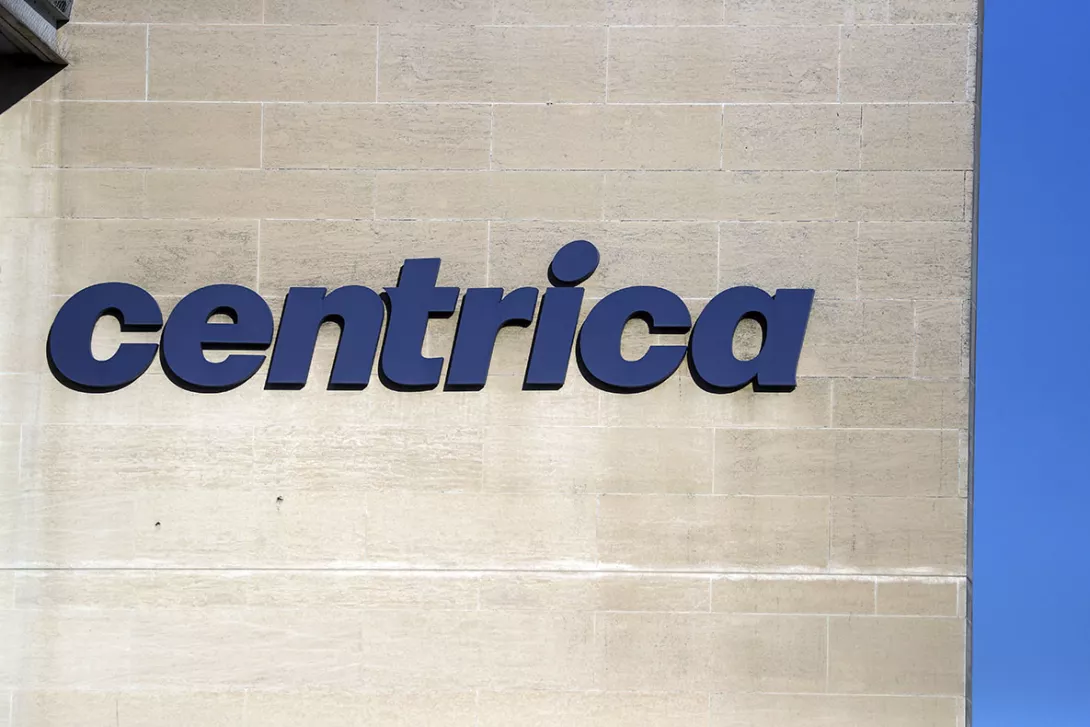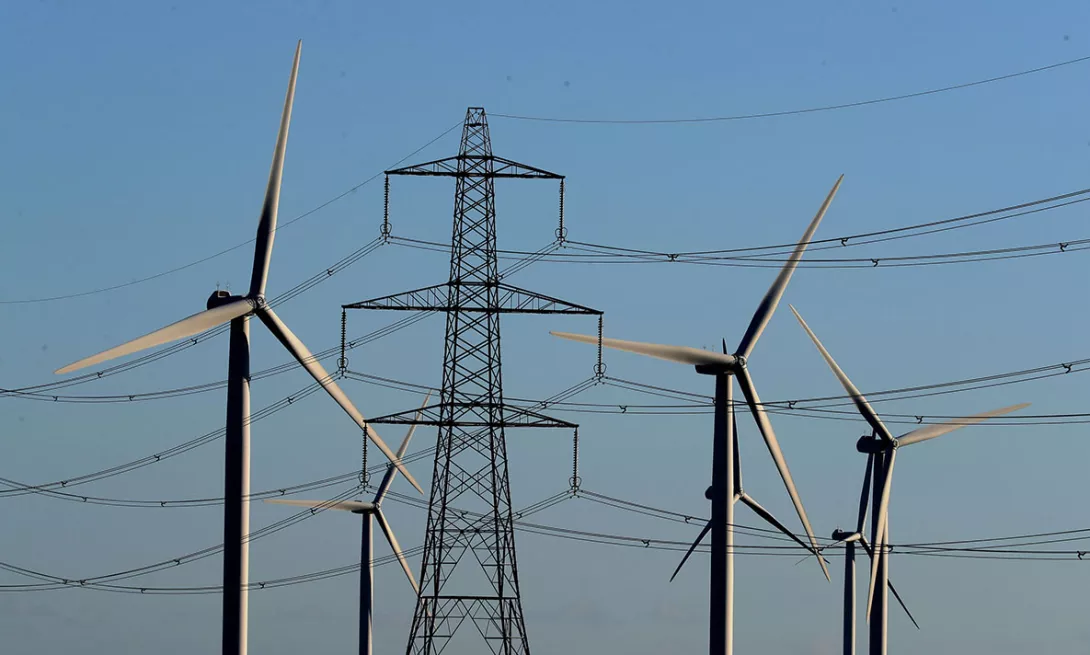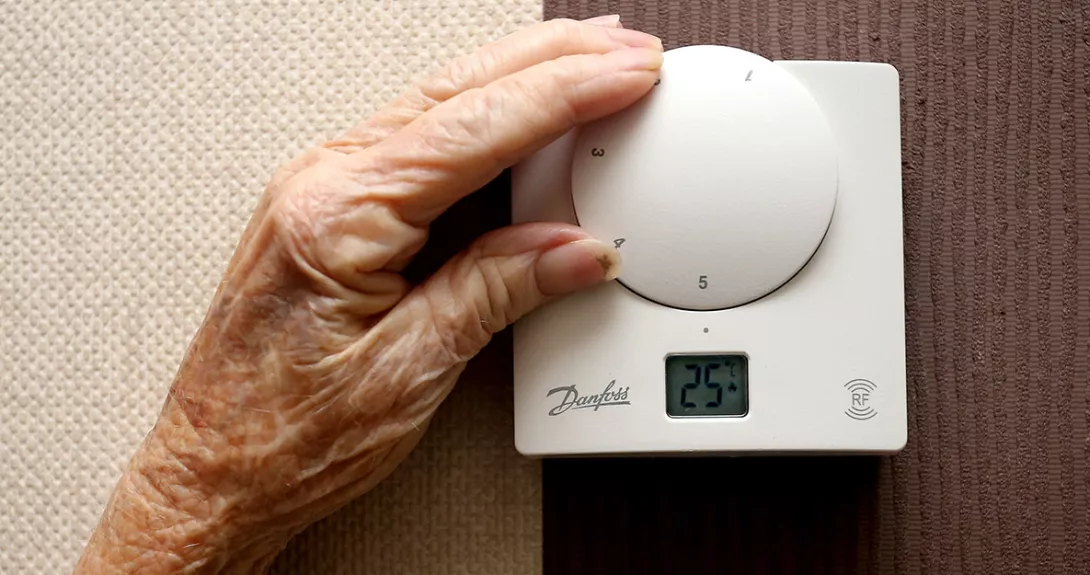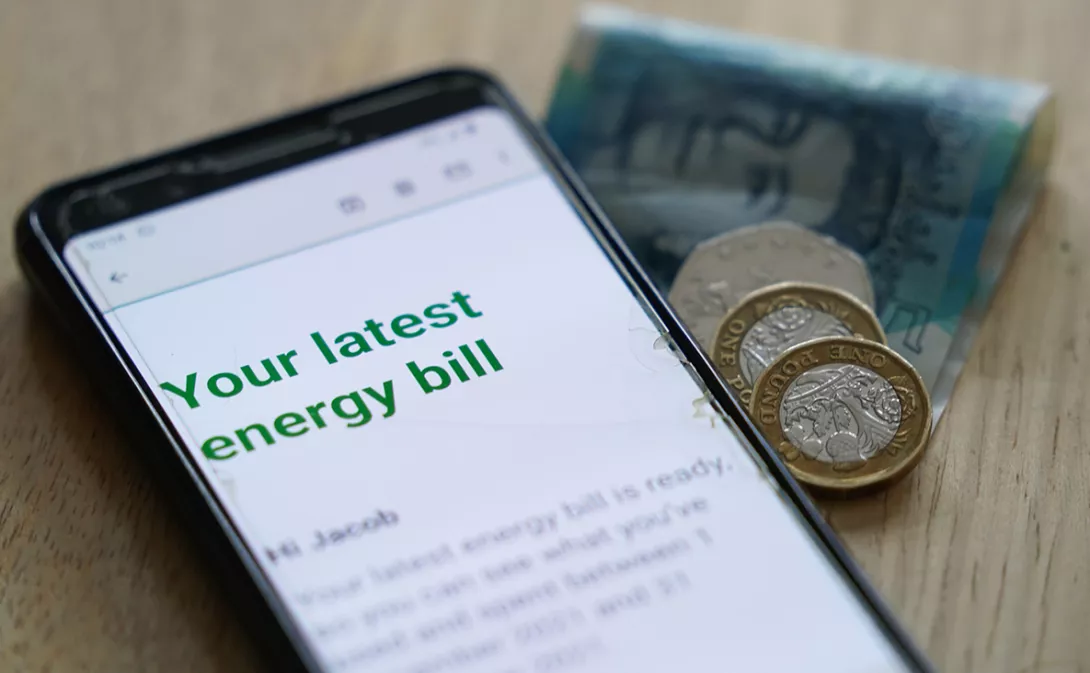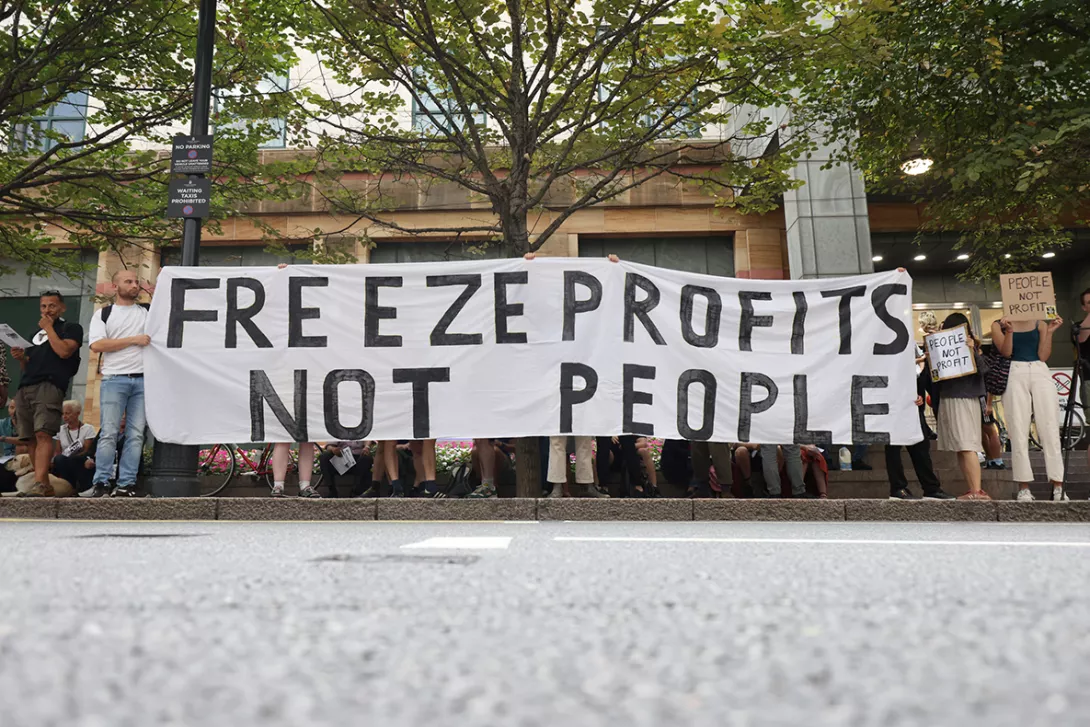‘Let there be no doubt, lives will be lost’
More than 1.7 million households plan on keeping their heating off this year, survey reveals
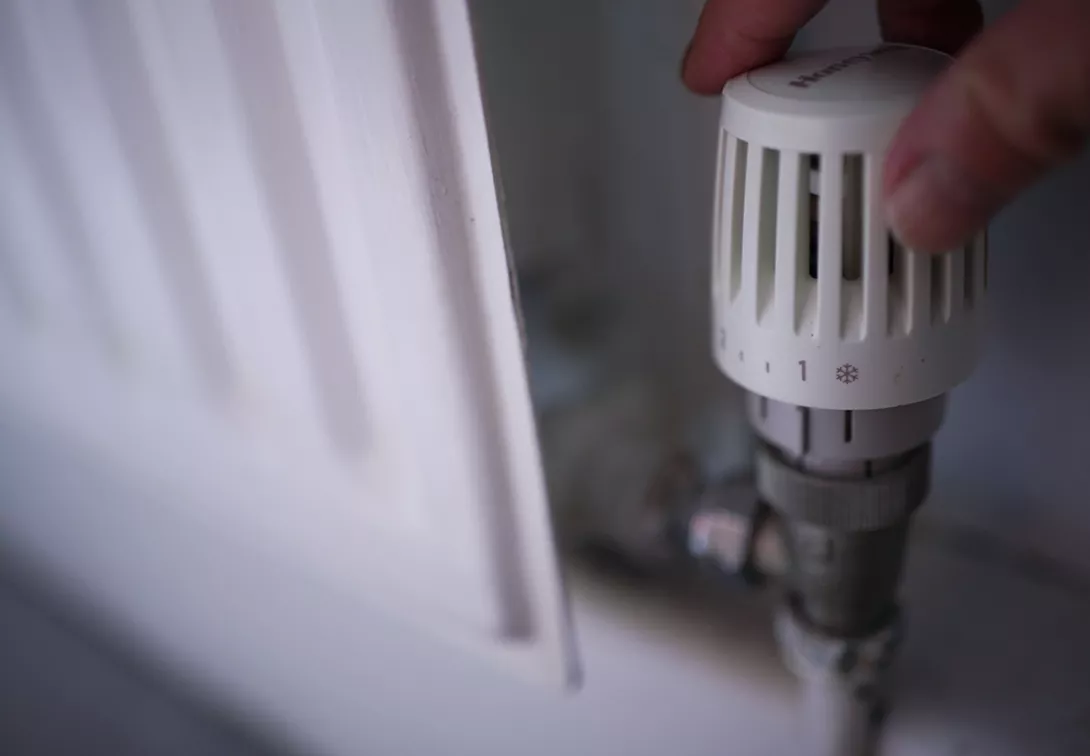
LIVES will be lost, campaigners warned today after a survey revealed that more than 1.7 million households do not plan on turning on their heating this year.
The number of those who said they will keep the heating off in polling for Uswitch is nearly double the 972,000 who said they did not heat their homes last year.
Fifty-five per cent of those blamed the continued rise of the cost of living, while 25 per cent of those over 65 said their decision followed the loss of winter fuel payments.
More from this author
Similar stories


